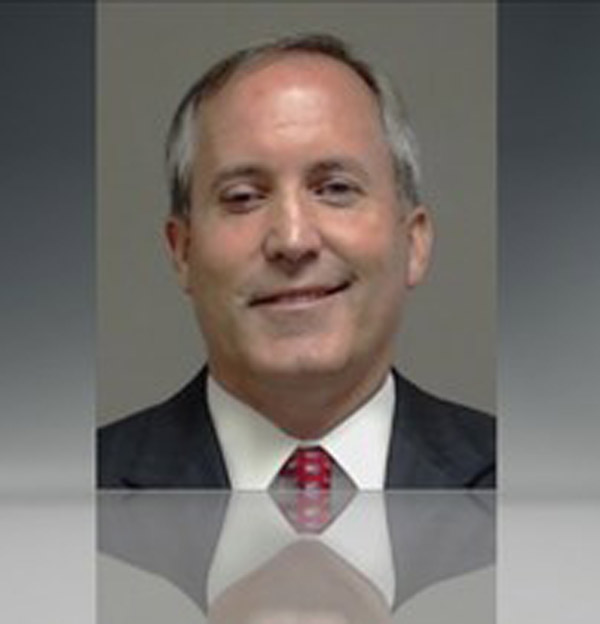DALLAS – Three weeks after a grand jury indicted Texas Attorney General Ken Paxton, the special prosecutors went back and had him re-indicted on Tuesday.
The charges of securities fraud remain the same, but some of the language is now different.
“It tells me they might have rushed to get this in to the grand jury and missed some language they were supposed to have in there, is probably the most likely explanation,” said Clint Broden, a Dallas defense attorney.
Broden said re-indictments in high-profile state cases like Paxton’s don’t happen every day. In the attorney general’s case, sentences were reworked and new legal terms were added.
“The special prosecutors here are both great attorneys, but they have been defense attorneys their entire life and not used to drafting indictments,” Broden explained. “They’re used to defending against indictments. Some things got missed, and to their credit, they went back and corrected them pretty quickly.”
Still, Paxton pounced on Tuesday afternoon.
“They had months to investigate and then rushed to indict,” said the attorney general’s attorney, Joe Kendall, in a written statement. “Now, the special prosecutors are back to clean up the botched indictments.”
But special prosecutor Brian Wice quickly countered those comments.
“We obtained re-indictments to defuse the boilerplate arguments predictably advanced by the defense that the original indictments lacked specificity or were otherwise ambiguous,” he said in an e-mail to WFAA.
Late Tuesday evening, Paxton also expanded his legal team and added a Democrat. Prominent Dallas attorney Pete Schulte joins Joe Kendall now representing the attorney general.
Local lawyers had different perspectives on the significance of re-indictments in this case.
George Milner, a Dallas defense attorney, said it appears that the special prosecutors must have been anticipating a motion to quash or a “bill of particulars,” which is a motion asking the prosecution to add language in the indictment that makes the allegations more factually specific.
“However, absent such motions by the defense, it would seem this should have corrected before the first indictment was issued,” Milner said.
“A re-indictment or a superseding indictment is not necessarily uncommon. However, you will see that in situations where the prosecutor is adding defendants or adding counts. You generally do not see — absent a defense motion challenging the indictment — the prosecutor changing his indictment to correct problems of this nature,” Milner added.
John Helms, a former federal prosecutor, said it is not uncommon for prosecutors to return to the grand jury.
“I’m sure they’re trying to be cautious,” Helms said. “It might be in response to something his lawyers said and they think is an easy fix and ‘we’ll do it now while this same grand jury is there… better fixed than sorry.’ I don’t’ think that it means that the original indictment was defective.”


